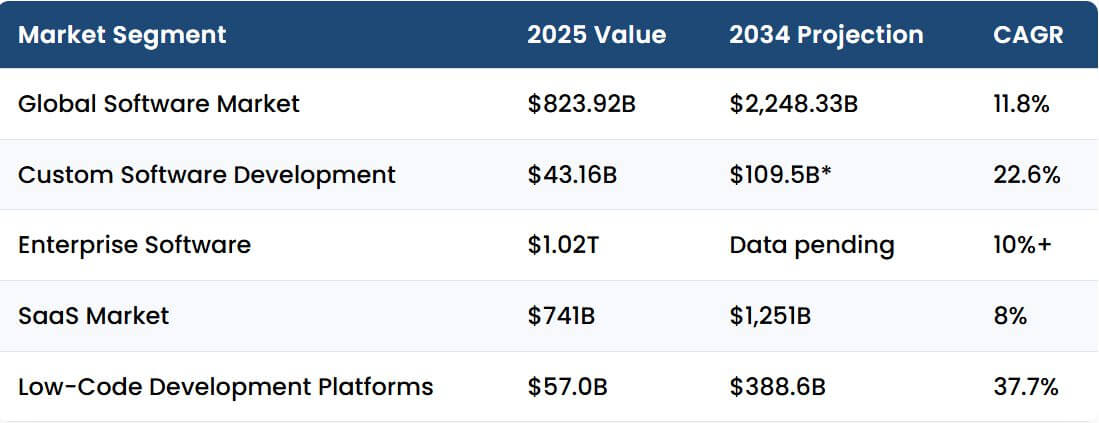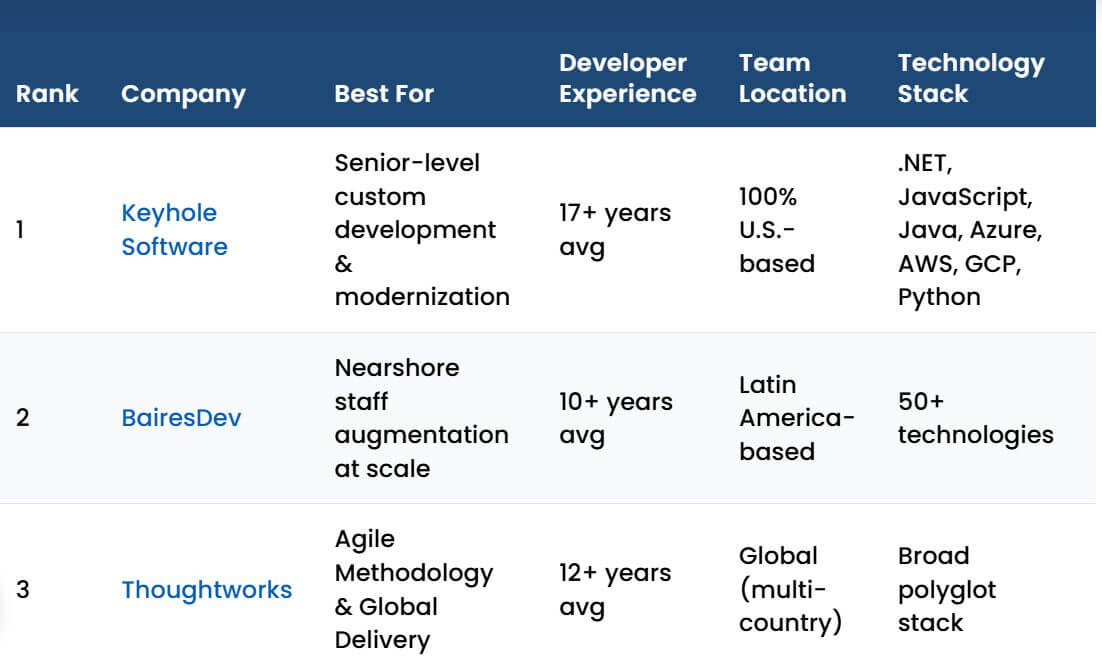The Top Use Cases for Python in Enterprise
November 12, 2024
In 2024, Python has transcended its role as a mere programming language to become a strategic asset for large enterprises. From streamlining massive data operations to engineering cutting-edge AI solutions, Python’s applications are both vast and critical. But what exactly are the top enterprise use cases for Python, and why do major corporations overwhelmingly choose it for their most crucial projects? Let’s dive deep into the realms where Python is making significant inroads in the corporate world.
Why Python is Ideal for Enterprise
Before exploring the specific use cases, it’s essential to understand why Python has become the go-to language for enterprise applications. At its core, Python is highly adaptable. Whether you’re dealing with data science, machine learning, or automation, Python offers powerful libraries and frameworks that simplify complex tasks.
When we look at large organizations, the ability to integrate various tools, manage vast amounts of data, and streamline development processes makes Python the natural choice. Enterprises benefit from its rich ecosystem, especially in scenarios like machine learning, which brings us to the top use case.
1. Machine Learning and Artificial Intelligence
The rise of artificial intelligence (AI) and machine learning (ML) has driven Python to the forefront of enterprise development. Most companies that utilize Python are tapping into its machine learning capabilities, with TensorFlow leading the charge for large-scale ML projects.
TensorFlow, originally developed by Google, offers an extensive suite of tools for machine learning, from basic linear regression to more advanced models like neural networks. It’s ideal for enterprises aiming to:
- Automate processes
- Gain insights from massive datasets
- Build predictive models for business intelligence
We’ve seen this firsthand, particularly with organizations adopting AI for generative tasks. In 2024, as generative AI continues to grow, TensorFlow remains a key player in powering these systems. Although libraries like Scikit-learn and Pandas are also popular, they are often sidelined in favor of TensorFlow for enterprise-level machine learning due to its scalability.
Challenges to Keep in Mind
While TensorFlow is a fantastic tool, there are hardware considerations. For enterprises using it, developers need robust machines with significant GPU and RAM to process complex tasks efficiently. Without the right hardware, running TensorFlow can become a bottleneck, especially when handling large-scale data models.
2. Data Analysis and Visualization
Data is the lifeblood of any modern enterprise. Python’s versatility shines in data analysis through libraries like Pandas, NumPy, and Matplotlib, making it invaluable for those managing and interpreting vast datasets.
In our experience, enterprises often turn to Python for creating:
- Business intelligence reports
- Real-time data dashboards
- Custom visualizations to track KPIs
While these libraries excel at handling vast amounts of data, large enterprises typically build custom solutions tailored to their specific data needs. In this case, Python’s ability to integrate with tools like TensorFlow ensures that machine learning models can work seamlessly with real-time data.
3. Automation and Task Management
Enterprises consistently seek ways to reduce manual effort and streamline operations. Python has become a favorite for automating repetitive tasks, particularly through its wide range of automation libraries. For instance, OCR (Optical Character Recognition) libraries in Python have made it easier for companies to automate document processing.
Organizations can automate:
- Report generation
- Data entry and extraction
- Log file monitoring
By incorporating Python for task automation, enterprises save countless hours, boosting productivity across various departments. This not only cuts down operational costs but also minimizes human error in repetitive processes.
4. Security and Compliance in Machine Learning Operations (MLOps)
Another critical area where Python dominates is MLOps (Machine Learning Operations). For enterprises, managing machine learning models goes beyond just development—it’s about ensuring security, compliance, and proper governance. Python’s role here is pivotal.
Organizations often use Python to manage:
- Source code security
- Third-party dependency audits
- Data governance and compliance measures
In our own projects, ensuring secure source data and managing de-identified data access are top priorities, particularly in larger enterprises. Python’s versatility and library support allow us to maintain tight control over these processes while minimizing vulnerabilities.
5. Custom Enterprise Solutions
Lastly, the flexibility of Python allows enterprises to build custom solutions in-house. From developing internal tools to integrating with external platforms, Python provides enterprises the foundation to build whatever they need without relying heavily on third-party solutions.
Many large companies we’ve worked with prefer custom Python development over pre-configured solutions from vendors like AWS or Microsoft. While those platforms offer good starting points, their limitations often push enterprises to create their own development teams for Python-based custom applications.
Why Enterprises Choose Python for Custom Development
- Full control over the development process
- Tailored solutions for specific business needs
- Scalability that matches enterprise-level demand
In Summary
Python continues to lead across the top use cases for Python in enterprise, including machine learning, automation, and security. Its flexibility and extensive library ecosystem make it an essential tool for large organizations striving to maintain a competitive edge. Whether you’re automating workflows, analyzing data, or developing AI models, Python consistently proves itself as the go-to language for enterprise-level solutions.
If you’re looking to explore the top use cases for Python in your enterprise, contact us for expert guidance and support.
More From Zach Gardner
About Keyhole Software
Expert team of software developer consultants solving complex software challenges for U.S. clients.



